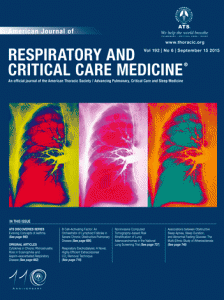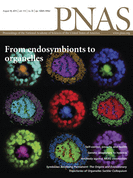 An open-access journal with a speedy peer review process has been having some issues with a retracted article on the biology of sex addiction.
An open-access journal with a speedy peer review process has been having some issues with a retracted article on the biology of sex addiction.
Here’s the simple timeline of events: “Hypersexuality Addiction and Withdrawal: Phenomenology, Neurogenetics and Epigenetics,” a review article, was published by Cureus in July, following a two-day peer review. In the weeks that followed, the paper received a number of criticisms. So the journal quietly corrected it, then issued a formal correction, then retracted the paper — and now, finally, has republished it. The editor of the journal, Stanford professor emeritus John Adler, admitted the “decision was dumb” to initially fix the article without an alert, but it was ultimately doomed by “political” issues — namely, a larger debate over whether or not “sex addiction” exists at all.
We’ll start with the retraction. According to the note, it stems from the mistaken characterization of how sex addition — “hypersexuality” — is described in the current “bible” of psychiatry:
Continue reading Sex addiction article retracted, republished





 Another retraction and a correction that retracts two figures — ie, a partial retraction — have been posted for
Another retraction and a correction that retracts two figures — ie, a partial retraction — have been posted for 
